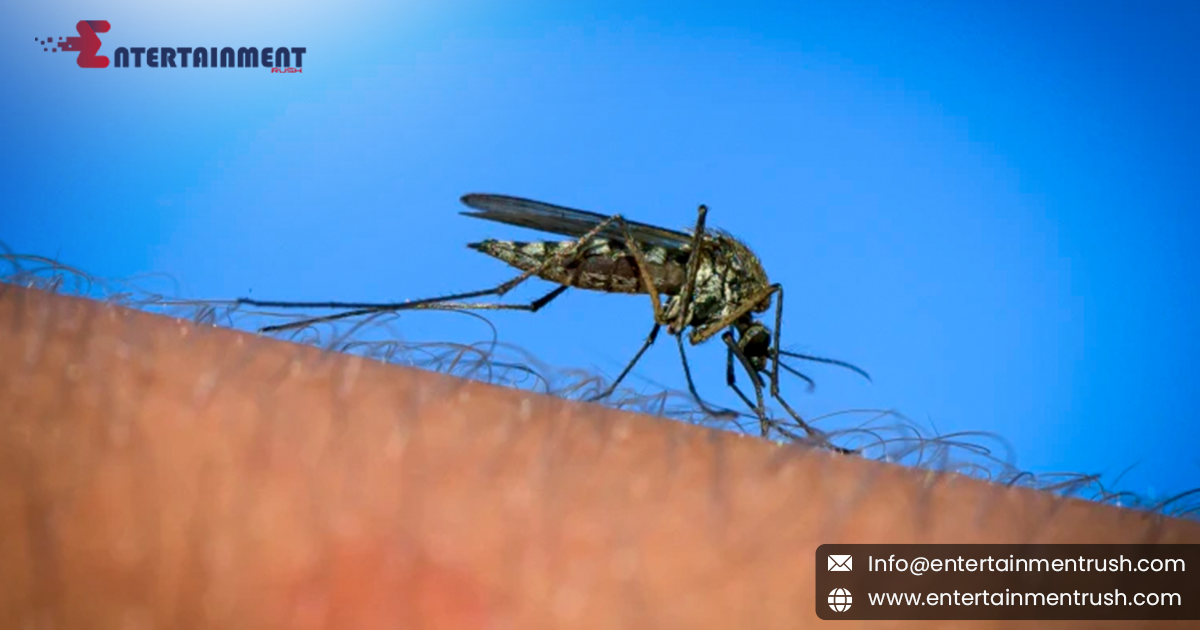Eastern Equine Encephalitis (E.E.E.) is a rare but serious mosquito-borne illness that can have severe consequences for those who contract it. Understanding this disease is crucial for effective prevention and management. This blog delves into what you should know about E.E.E., including its symptoms, transmission, and ways to protect yourself.
What Is E.E.E.?
Eastern Equine Encephalitis (E.E.E.) is a viral disease transmitted to humans through the bite of infected mosquitoes. It primarily affects horses but can also impact other animals, including humans. The virus is part of the alphavirus family, which is known for causing encephalitis—a condition characterized by inflammation of the brain.
Symptoms and Diagnosis
The symptoms of E.E.E. can vary in severity, ranging from mild flu-like symptoms to severe neurological issues. Early signs often include:
Fever
Chills
Headache
Muscle aches
As the disease progresses, it can lead to more serious symptoms such as:
Severe headache
High fever
Stiff neck
Confusion
Seizures
Coma
In severe cases, E.E.E. can lead to long-term neurological problems or even death. Diagnosis typically involves a combination of clinical evaluation, medical history, and laboratory tests, including blood tests and cerebrospinal fluid analysis.
Transmission and Risk Factors
E.E.E. is transmitted through the bite of mosquitoes that are infected with the virus. These mosquitoes become infected by feeding on birds that carry the virus. Humans are considered dead-end hosts, meaning they do not contribute to the virus’s transmission cycle.
Certain factors can increase the risk of contracting E.E.E., including:
Living or spending time in areas with a high mosquito population, especially in the late summer and early fall when the virus is most active.
Engaging in outdoor activities near swamps or marshes, where mosquitoes that carry E.E.E. are more common.
Prevention Strategies
Preventing E.E.E. involves reducing exposure to mosquitoes and taking precautions to avoid bites. Here are some effective strategies:
Use Insect Repellent:
Apply insect repellent containing DEET, picaridin, or oil of lemon eucalyptus to exposed skin and clothing.
Wear Protective Clothing:
Wear long-sleeved shirts, long pants, and socks when spending time outdoors, especially during peak mosquito activity times.
Eliminate Standing Water:
Remove or manage standing water around your home, as it serves as a breeding ground for mosquitoes.
Use Screens and Mosquito Nets:
Ensure that windows and doors are fitted with screens to keep mosquitoes out of your home. Consider using mosquito nets if you are sleeping in areas where mosquitoes are prevalent.
Stay Indoors During Peak Mosquito Activity:
Mosquitoes that transmit E.E.E. are most active during dusk and dawn. Limit outdoor activities during these times when possible.
Treatment and Outlook
There is no specific antiviral treatment for E.E.E. Instead, care focuses on relieving symptoms and providing supportive care. This may include hospitalization for severe cases, where treatment can involve intravenous fluids, medications to control symptoms, and supportive therapies to manage complications.
The outlook for E.E.E. varies depending on the severity of the illness. Some individuals recover fully, while others may experience long-term neurological effects or other complications. Early diagnosis and supportive care are critical to improving outcomes and managing the disease effectively.
Conclusion
Understanding Eastern Equine Encephalitis (E.E.E.) is essential for preventing and managing this rare mosquito-borne illness. By being aware of the symptoms, transmission methods, and preventive measures, you can reduce your risk and protect yourself and your loved ones. As with any health concern, staying informed and taking proactive steps are key to safeguarding your well-being.




Leave feedback about this